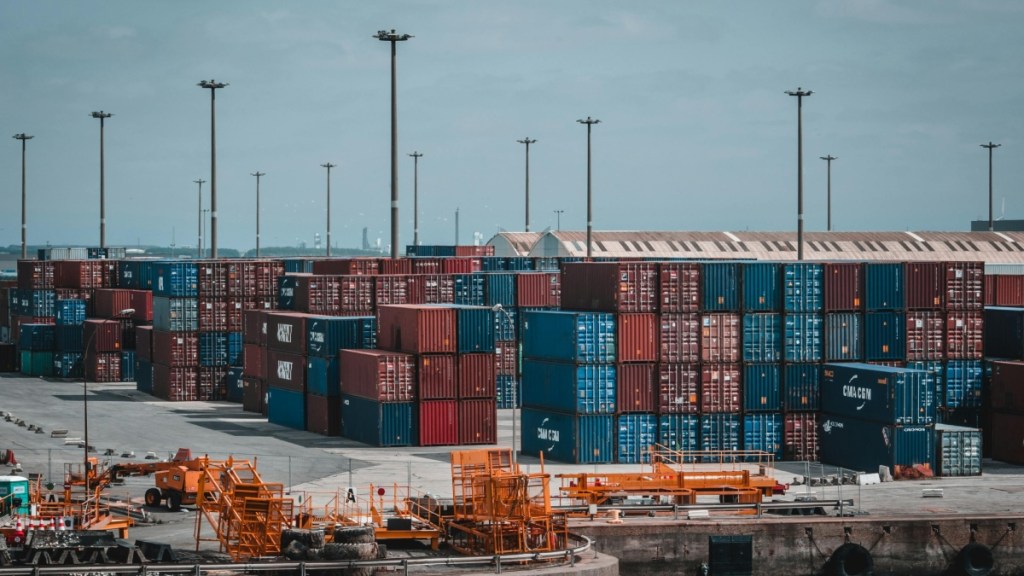Following recent developments around the Indus Waters Treaty, India is reportedly considering curbs on the export of electronics and e-commerce goods to Pakistan, CNBC TV18 reported, citing the sources.
The move comes amid escalating geopolitical tensions and growing trade concerns between the two nations. Sources indicate that the Indian government is preparing for the possibility of Pakistan shutting down the air cargo corridor. Officials are currently evaluating the potential cost implications this move could have on Indian exporters if airspace restrictions are imposed.
Indian goods continue to reach Pakistan via third countries
Although direct trade between the two countries is negligible, Indian products—particularly electronics, gold, gems, jewellery and e-commerce goods—continue to reach Pakistan through third-party countries such as the UAE, Sri Lanka and Singapore.
A report by the Global Trade Research Initiative (GTRI) estimates that despite the official halt in bilateral trade, Indian goods worth over $10 billion annually still reach Pakistan via these transshipment hubs. This underscores the continued demand for Indian products in Pakistan, albeit at inflated prices due to complex and costly re-export routes.
How the transshipment process works
The transshipment process works by having Indian companies export goods to ports in third countries, where independent firms store them in bonded warehouses—special facilities that allow goods to be kept without paying customs duties while in transit. At these warehouses, the goods are re-labelled to hide their Indian origin, often stamped as products of the transshipment country, such as “Made in UAE.”
Once re-labelled, the goods are shipped to Pakistan, effectively sidestepping bilateral trade restrictions.
In its press note, the Global Trade Research Initiative (GTRI) offers an example: auto parts worth $100,000 exported from India to Dubai could be re-labelled and then sold to Pakistan for $130,000. The higher price accounts for the cost of storage, documentation, and entry into a restricted market.
On April 22, 2025, a deadly terrorist attack struck the Baisaran Valley near Pahalgam in Jammu and Kashmir, claiming the lives of at least 26 tourists and injuring more than a dozen others.
The assault was carried out by militants from The Resistance Front (TRF), a proxy group of the Pakistan-based Lashkar-e-Taiba. This attack stands as one of the most severe against civilians in the region in recent years and has sharply heightened tensions between India and Pakistan.


